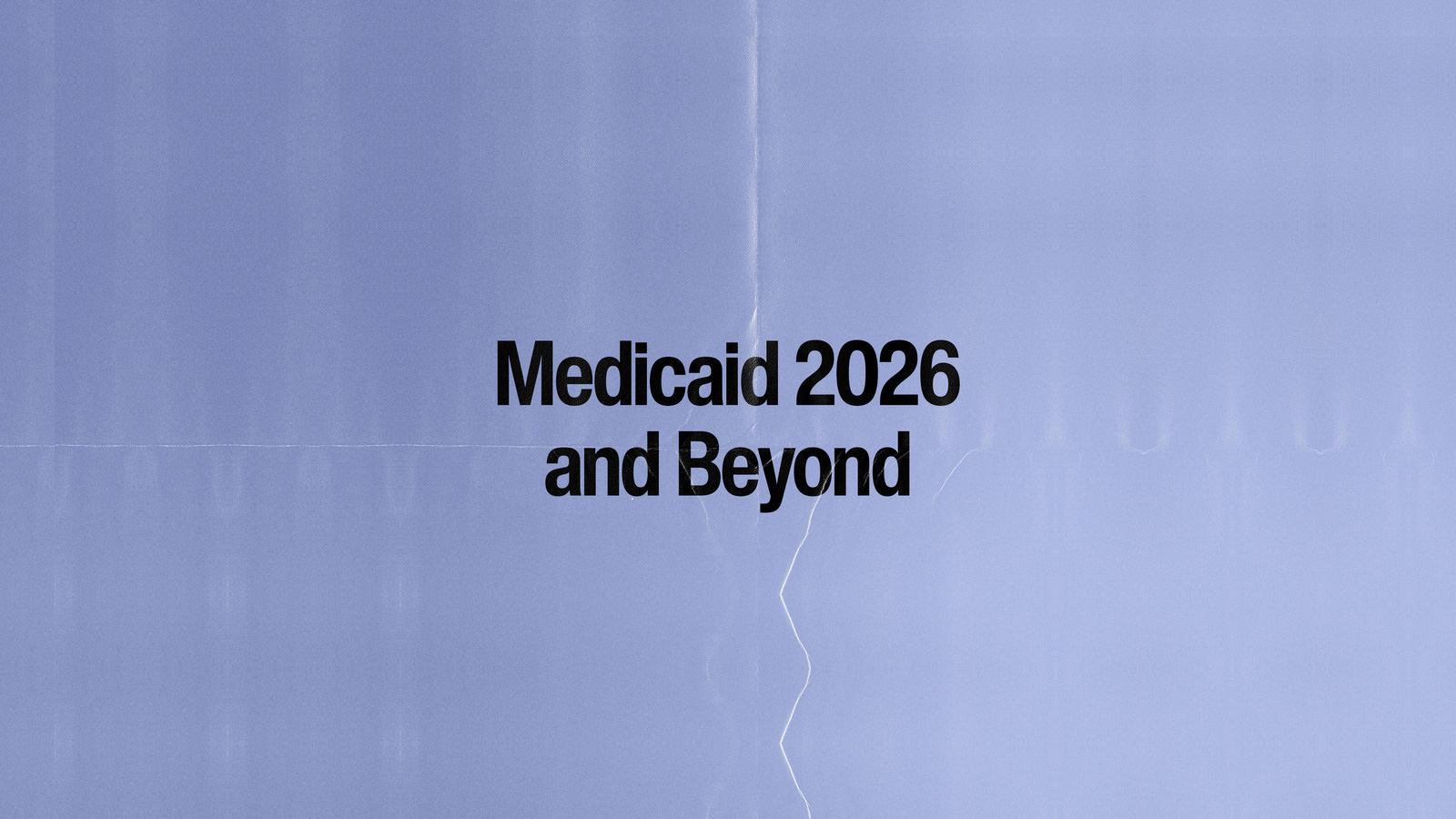When you or someone you know is overdosing, do you feel comfortable calling for help? The chances of surviving a drug overdose increase with prompt medical attention, but a lot of people fear arrest when they try to seek treatment.
According to the Centers for Disease Control and Prevention (CDC), over 932,000 people have died of a drug overdose since 1999. Almost 75% of overdose fatalities in 2020 involved the use of opioids. As drug overdose death rates continue to rise, states are taking action to mitigate these tragic and preventable losses.
On top of existing laws protecting people reporting overdose emergencies, many policymakers are proposing new legislation to expand immunity to people seeking life-saving treatment. Here’s what you need to know about Good Samaritan laws and how they benefit your community.
Why was the Good Samaritan law created?
Good Samaritan laws were designed to offer legal protection for civilians who try to administer emergency treatment to someone who is injured or ill. In response to the opioid epidemic, that immunity was expanded to encourage people to call 911 for drug overdoses. These are sometimes called 911 Good Samaritan laws.
Even if overdose deaths are preventable with treatment, opioid-dependent individuals and witnesses often hesitate to call for help. Good Samaritan law states that a person experiencing or observing an overdose has immunity from arrest, charge, or prosecution for low-level drug offenses—like the sale or use of controlled substances—when calling for help. The caller must act in good faith and as a reasonable, average person would. Under some laws, the witness can’t leave the scene of an overdose until emergency services arrive.
When was the Good Samaritan law passed?
New Mexico was the first state to pass a bill protecting people who administer naloxone, a drug that reverses the effects of an opioid overdose, in 2001. These are now referred to as Naloxone Access laws. Six years later, New Mexico also became the first state to pass a 911 Good Samaritan law. At the time, the law didn’t offer protections for people on probation, parole, or with a restraining order. The guidelines were adjusted to cover these situations in 2017.
Since New Mexico’s groundbreaking harm reduction laws went into effect, nearly every other state has come up with their own Good Samaritan and Naloxone Access legislation. Immunity for different offenses varies between states. Some offer wider protections for a broader list of controlled substances, while others are very restrictive. Harm reduction advocates continue to push legislators to expand protections and cut back on restrictions. Today, every state but Kansas, Texas, and Wyoming has some version of a 911 Good Samaritan law.

How effective are these laws?
In 2016, the Comprehensive Addiction and Recovery Act (CARA) was signed into law. Considered the broadest federal addiction legislation in 40 years, CARA took a thorough approach to tackling the opioid epidemic. The bill addressed prevention, treatment, overdose reversal, recovery, law enforcement, and criminal justice reform. In addition to directing the distribution of funds, CARA included a provision allowing the Government Accountability Office (GAO) to report on the effectiveness of Good Samaritan laws.
The GAO reviewed 17 studies from the Office of National Drug Control Policy (ONDCP), which tracks and studies information about Good Samaritan laws and Naloxone Access laws. The review found that states with 911 Good Samaritan laws demonstrate lower rates of opioid-related deaths than states without them. They also showed a significant decrease in death rates after the legislation was passed.
According to the studies, people were more likely to call 911 in the event of an overdose, but only if they knew about drug overdose immunity. In some jurisdictions, even law enforcement didn’t seem familiar with their state’s Good Samaritan laws. Awareness is still a major issue that public officials, medical professionals, and activists are working to fix.
Seek support with Ophelia
We understand the fear and hesitation to seek help for opioid dependency. At Ophelia, your privacy is our priority. You’ll never need to worry about stigma or shame.
Our online medication-assisted treatment (MAT) platform will connect you with a dedicated and compassionate care team that can prescribe and manage your buprenorphine-naloxone treatment through telehealth services. We’re here for you, whenever and wherever you need it. Start our screening process to see if you qualify and begin your treatment journey.
Sources





